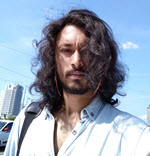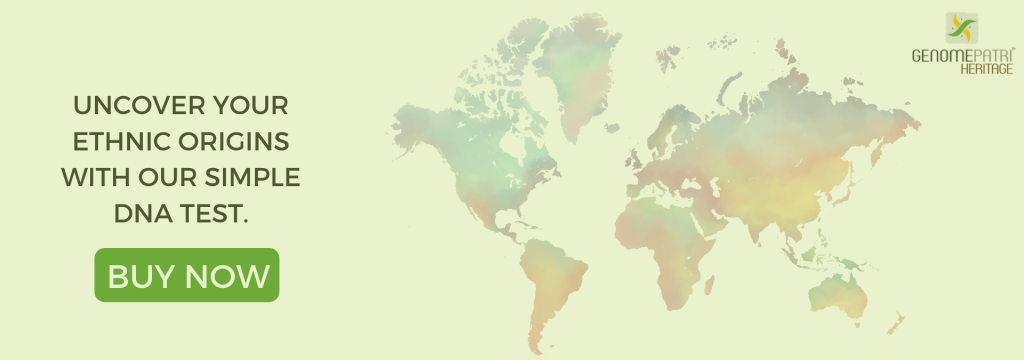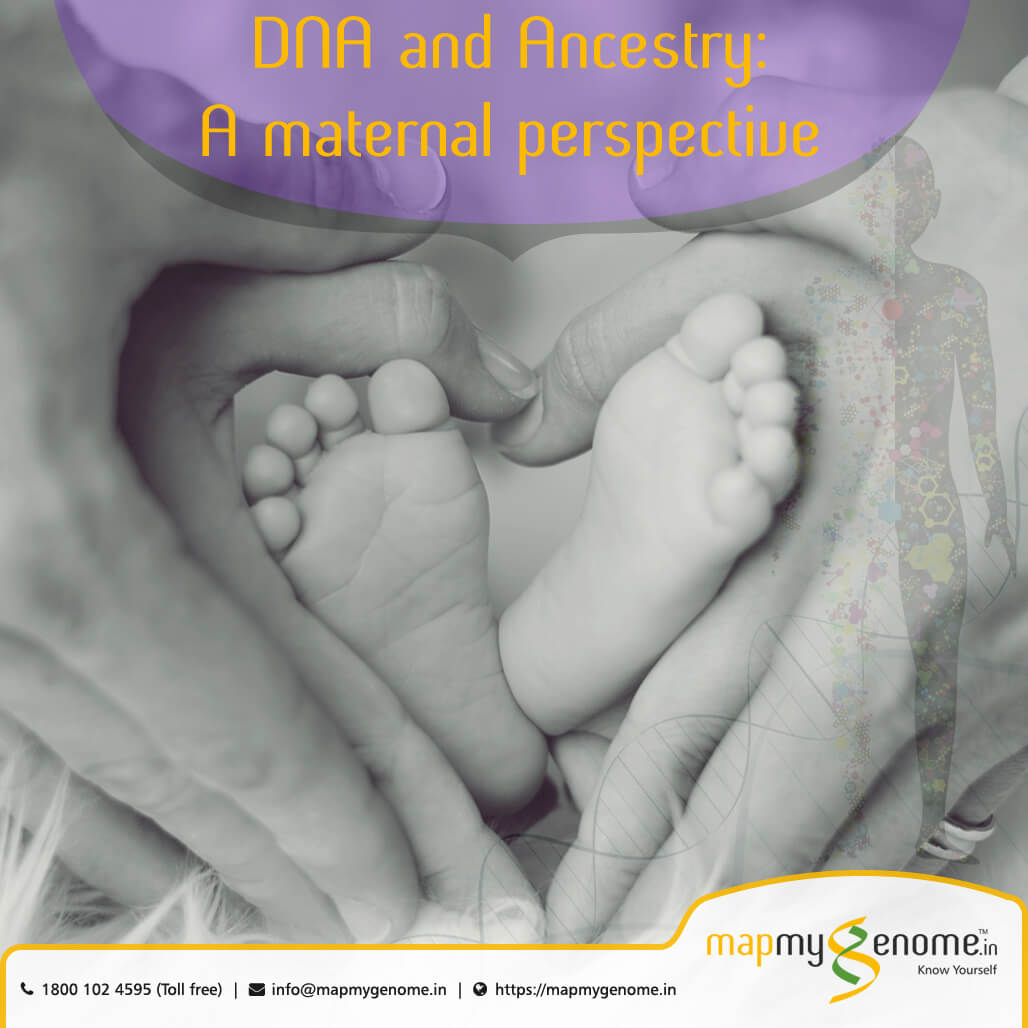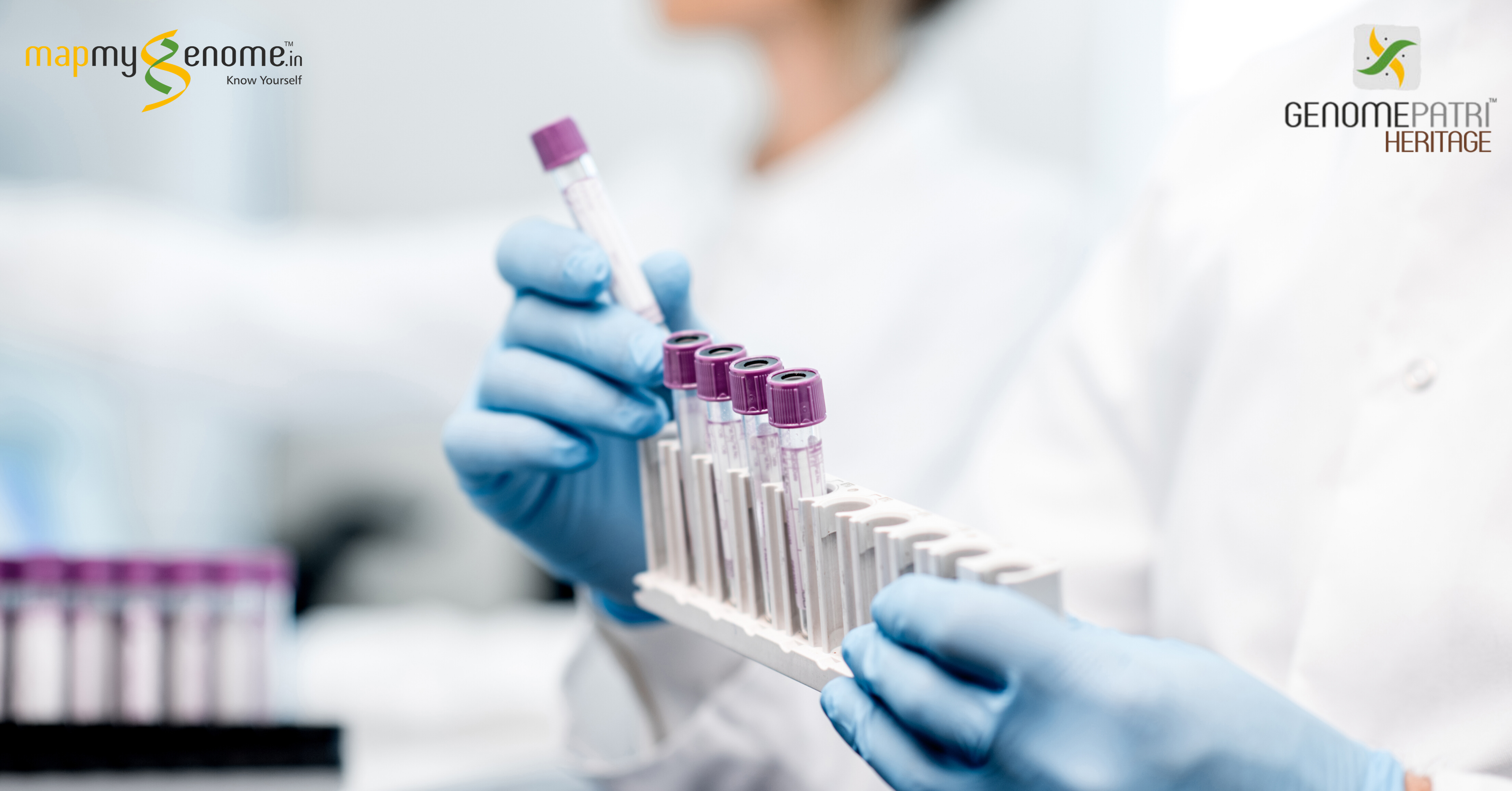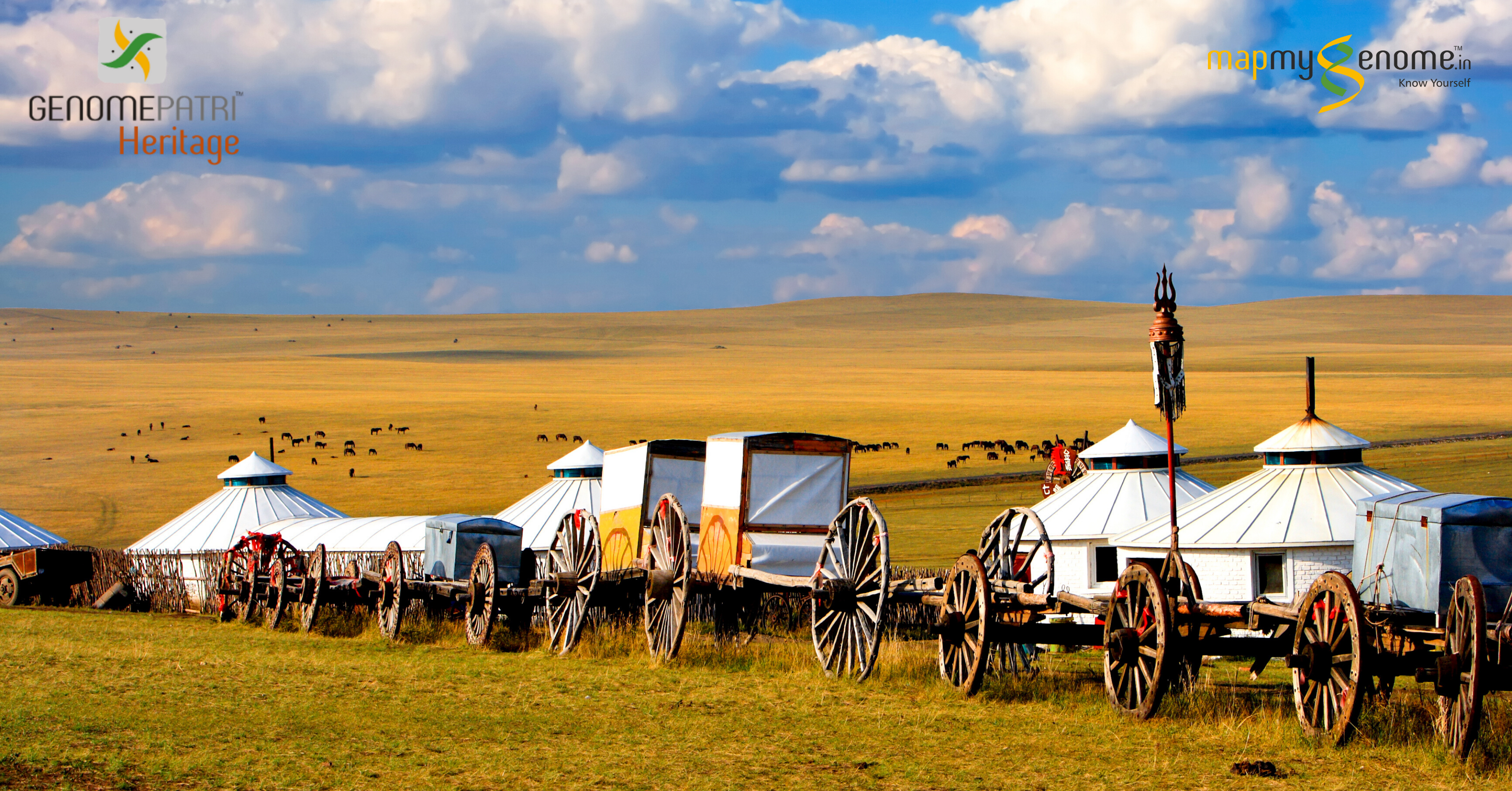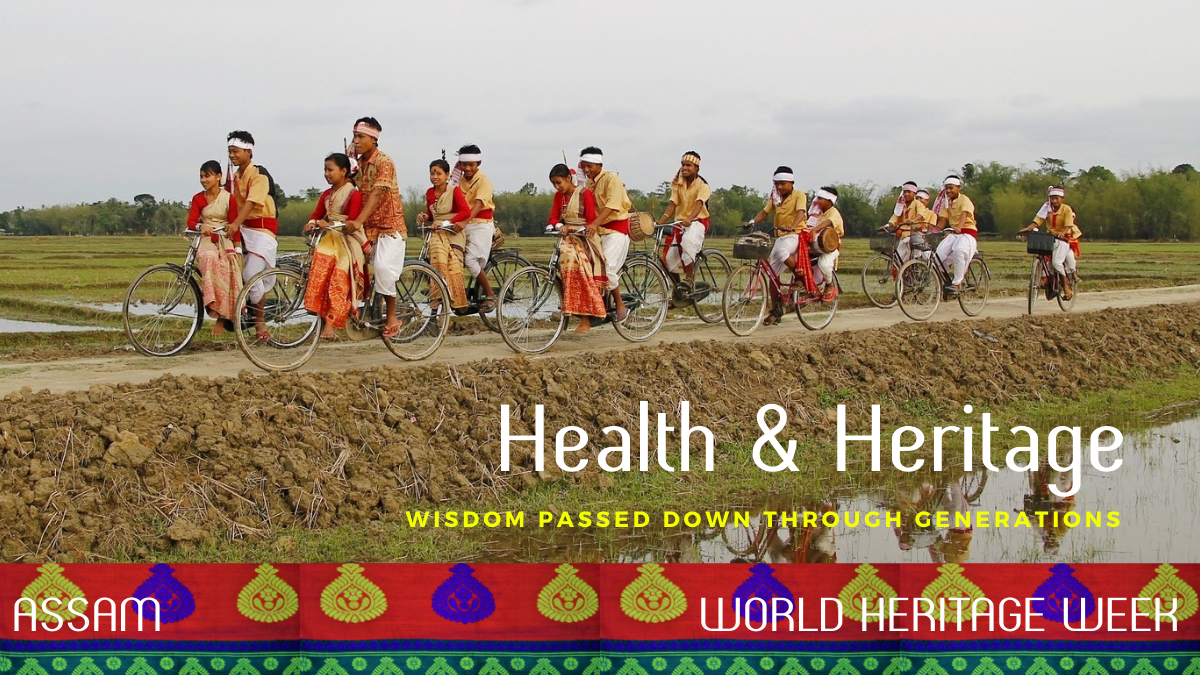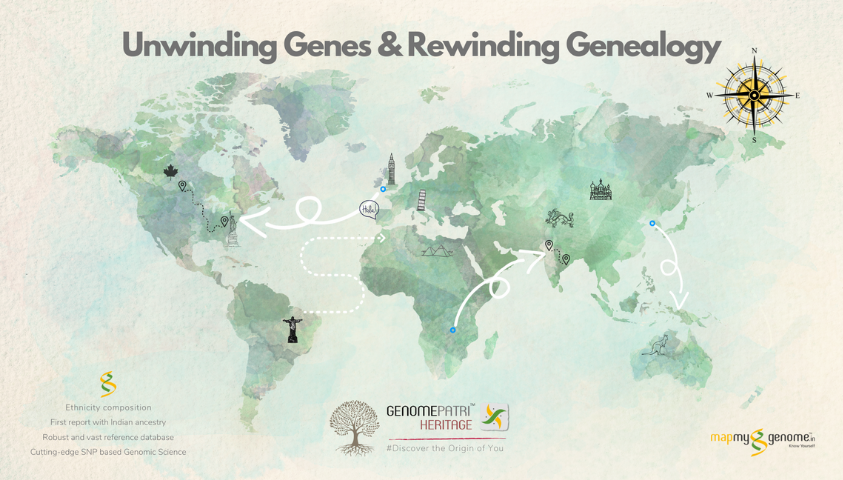
We think that we are a different tribe altogether, a distinguished and pure classification of people or ‘race’ as we perceive. The chances are that you might be in for over 99% but there is always a nuance of homogeneity, as geneticists believe that contributes to every other unique attribute keeping aside all the social stigma and dogma related to the human bodys’ visage that were incepted as a human habit. The 1% could have all the secrets to your ancestral pedigree and the answers to what makes us any different or identical as a human being.
Human migration has been a never ending odyssey since the beginning of the epoch for better food, shelter and environment. People go from unpleasant to more comfortable environments. This is understandable because everyone desires to live in comfort. Before the advent of modern industry, there were agricultural civilizations all over the world, and India was a haven for them since agriculture necessitates flat terrain, good soil, lots of water for irrigation, and other resources, all of which were abundant in India. Why might somebody from India move to, for instance, Afghanistan, which has a terrible climate?
If North America is mostly made up of new immigrants, India is largely made up of old immigrants, which explains the country's incredible diversity. As a result, if we want to keep India unified, tolerance and equal respect for all communities and religions are a must. If it was formerly thought that Dravidians were India's first occupants, that opinion has subsequently changed dramatically. The pre-Dravidian aborigines, i.e. the progenitors of today's tribes or Adivasis (Scheduled Tribes), are now widely believed to be the original inhabitants. About 92% of Indians today are descendants of immigrants, the majority of whom came from the North-West and, to a lesser extent, the North-East. Because India is a land of immigrants, it is home to a diverse range of faiths, castes, languages, ethnic groupings, civilizations, and so on. Someone is tall, someone is short, some are dark, some are fair-skinned, with all shades in between, and others have Caucasian, Mongoloid, Negroid, and other qualities. There are variances in eating habits, clothing and a variety of other factors too.
The humans have inherited an unsettling detail or imprint from every person who has joined together and contributed to the race's survival & procreation as a result of this search. This iteration has always been both a blessing and a curse to mankind as it taught the human body to adapt to the ecosystem and make epigenetic changes in order to survive, and in addition to these changes, human physical traits were an ad hoc characteristic that was passed on to their respective progeny. It also passed along certain functional vulnerabilities in specific human races, such as their body's food and nutrition metabolism abilities, susceptibility to certain diseases, etcetera. 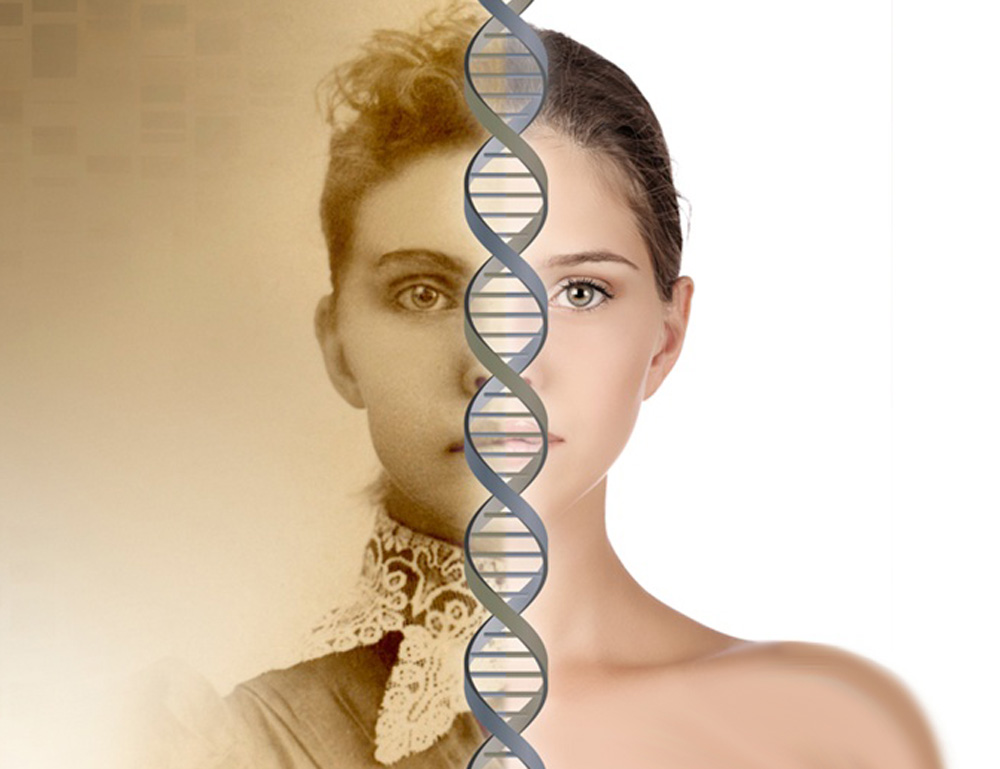
The fascination & curiosity to seek my genealogical roots to the world grew on me as I reckoned to find some genetic significance to the Indo-European populace being from Malabar region of Kerala, IN surrounded by ancient structures built by ancient rulers &/or invaders ranging from the 7th to 17th century AD and having heard of several Portuguese, Dutch, and Arab travellers coming across for trade, while the territory was under the South Indian Aristocratic reign. These settlements of other races from western hemisphere date back to the 6th century AD and so forth engendering a mixed gene pool in the region.
Et Voilà! My ancestry test findings were indeed a revelation. The first part of the ancestry report showed that I had 95.3% genetic significance from South Asia and out of it 71.1% being Indian and specifically from South India almost about 71.1% of it. Being from Kerala, it showed that my genes had 71% chances that my ancestors might have been or are from the south of the Indian subcontinent, as they evidently are currently since I last checked. I guess I had anticipated it to be furthermore than that but it's a fair percentage to accord.
The thing that had me baffled in the report even though there weren't any significant genetic associability to the Portuguese or Arab travellers as I had reckoned (but more than what I would have expected it to be) was that I had precisely 24.2% significance with the Pakistani population (Indo-European descent). There was further evidence that I had genetic significance to ethnic subgroups like ‘Pathan’ with about 17.4% and ‘Sindhi’ being 6.8%. This was certainly a surprise for me and my folks as we would only imagine anything as such to have happened earlier in history before our knowledge of ancestral existence. ‘The world has more in common with us than we think’ was my train of thought at that moment.
Also my DNA had a 3.9% genetic significance to the East Asian populace, well that explains why sometimes my friends used to say that I looked like a ‘nepali’ in my childhood, obviously since my eyes had a slight resemblance to the hooded monolids of the East Asians. This was certainly not a surprise to know that I had a significant percentage of genetic similarity to the East Asians. As contemporary East Asians are broadly descended from human beings who left Africa about 50,000 – 100,000 years ago. But researchers know little about the historic populace shifts which have since shaped the genomes of the region's inhabitants.
The last section of the ancestry test report mentioned that my genes had 0.8% genetic significance to ‘Others’, which meant that there are other eerie genetic similarities that are currently not known but could be done with a whole genome sequencing of DNA. This will give a brief idea to our specific ancestral route map and a wider detail into ethnicity compositions and a glimpse into one’s true heritage.
With time, as more samples are processed, the reference databases may evolve and number of samples might be added to the existing ethnic groups and also new ethnic subgroups might be added and thus the result may vary along different timelines. I would suggest it to anybody who is interested in finding their genetic lineage. It gives you a sublime understanding of where you fit into the human timescale on this planet or mankind. There are more things we have in common than we think, and it's time to dwell deeper into ourselves and our true origins.
“Vasudhaiva Kutumbakam” as they say is we are all but one big family and as is the sole purpose of the Genomepatri Heritage ancestry test to bring people together by knowing their true origins and sharing their experiences to their near & dear ones.

